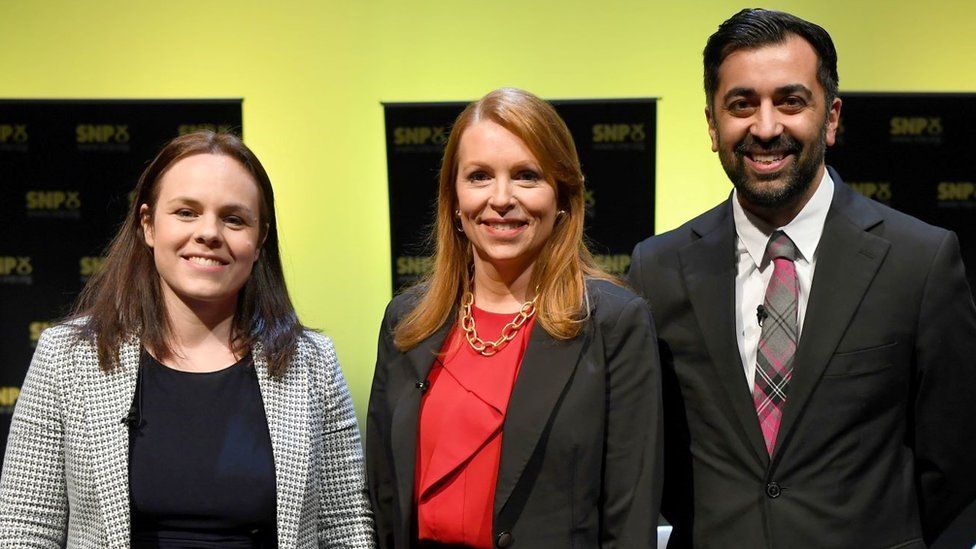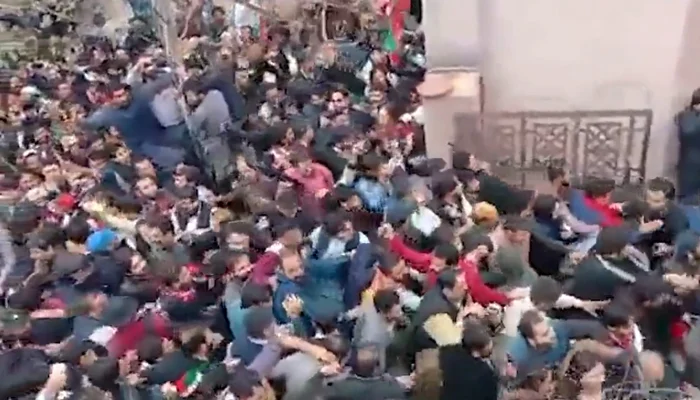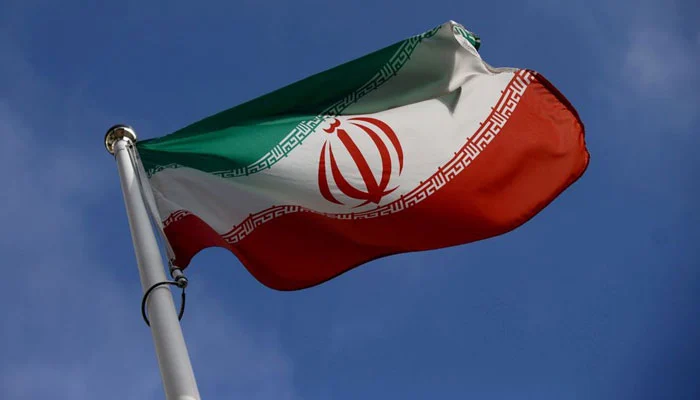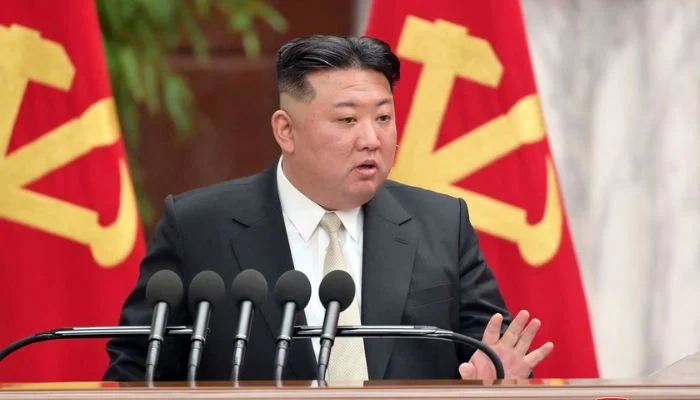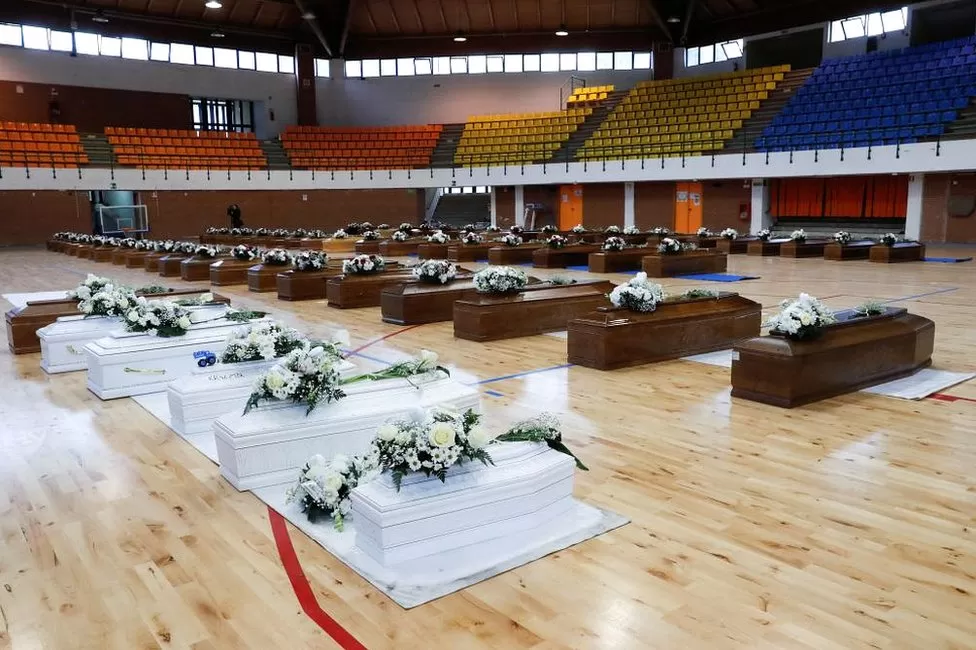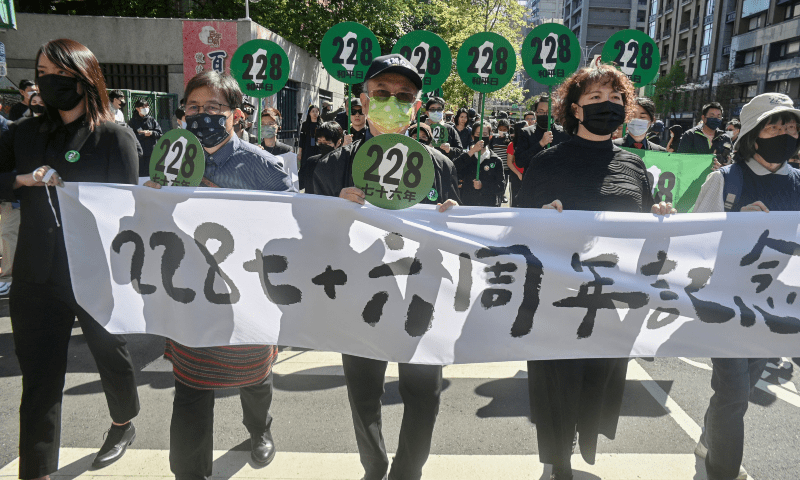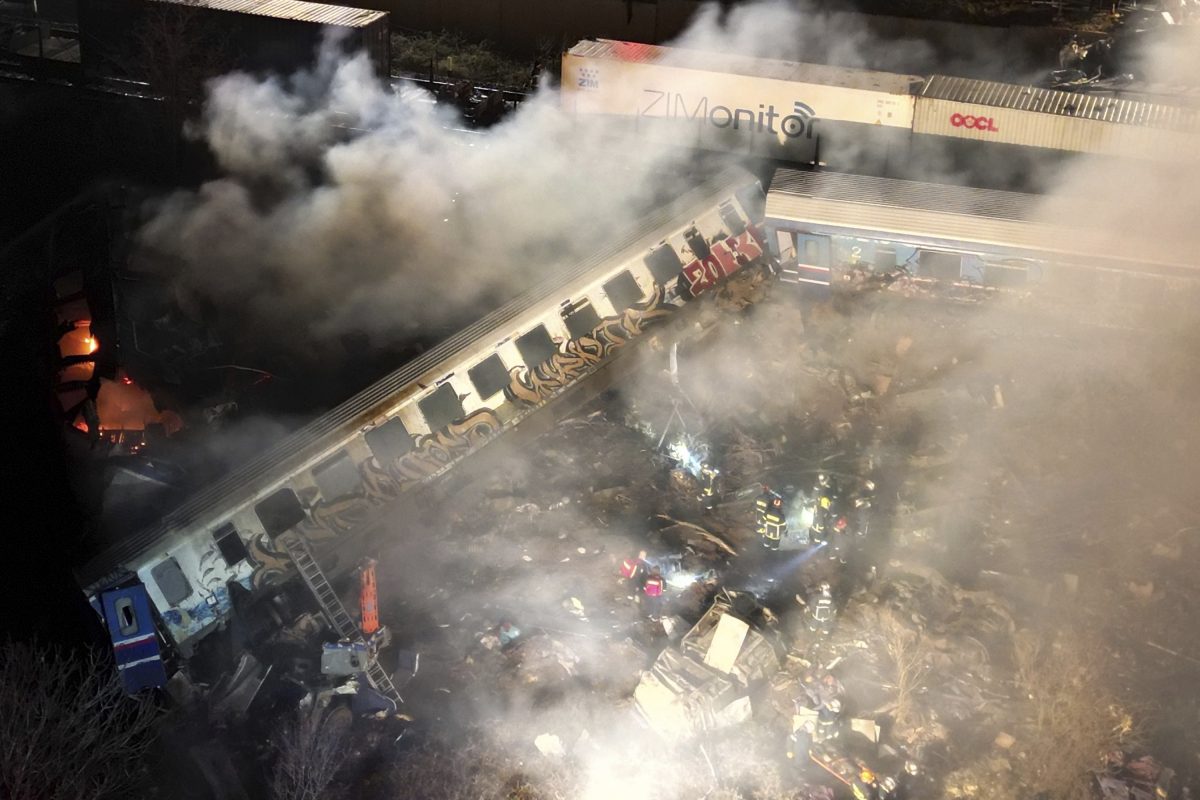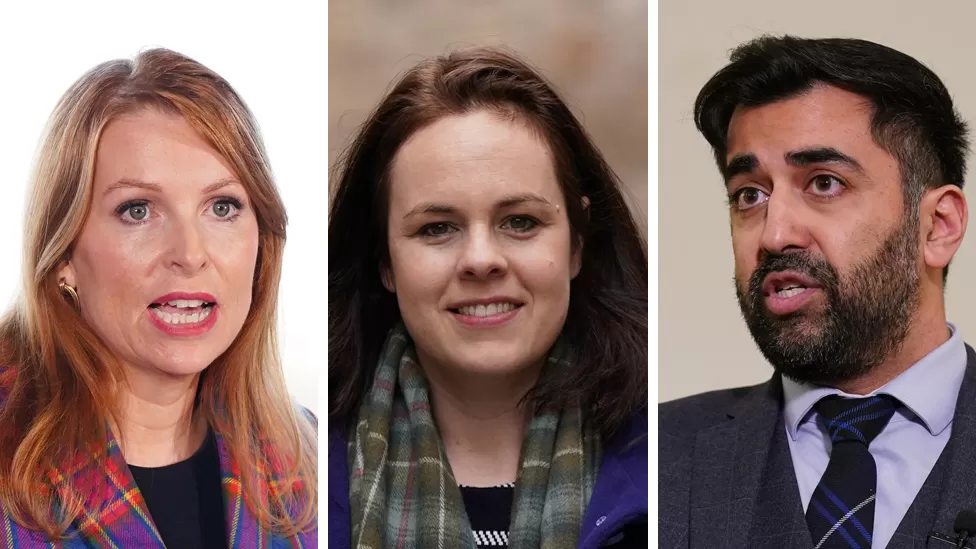She claimed there was “no question” of the UK government refusing to recognise it as a poll on Scottish independence.
Both Labour and the Conservatives have previously rejected this idea.
But Ms Regan said an election won on a promise that Scotland becomes independent would force Westminster to open talks on the issue.
Speaking to the BBC’s Sunday with Laura Kuenssberg, Ms Regan said: “I’m suggesting we run each and every election, that would be general elections and Scottish elections, as a test of public opinion – a trigger point if you like.”
“The gold standard here in fact is not a referendum, the gold standard here is the ballot box.”
Both the SNP and the Scottish Greens support independence for Scotland.
Ms Regan was asked why she believed Westminster would accept election support for them as a public vote on independence.
The MSP for Edinburgh Eastern said: “It is the same as a referendum in terms of the fact that it is the ballot box, so that is a perfectly normal way to test the will of the public.”
She added: “I don’t think there’s any question of the UK government recognising Scotland’s democratic choice.”
The three candidates to succeed Nicola Sturgeon as Scotland’s next first minister have differing views on how independence can be achieved.
Humza Yousaf previously said he was “not wedded” to the idea of using a general election as a substitute referendum.
Kate Forbes said the strategy needed a “reset” and it was not as simple as targeting a majority at an election.
An opinion poll carried out by Savanta for The Daily Telegraph on Friday suggested the leadership race is close.
The survey of 515 party members put Mr Yousaf at 31%, Ms Forbes at 25% and Ms Regan at 11%. The poll indicates 32% of respondents were still undecided.Finance Secretary Kate Forbes has turned the focus of her campaign to the economy
Meanwhile, Ms Forbes has said improving Scotland’s economy is “her mission”.
The finance secretary told BBC Scotland’s Sunday Show that a “fundamental shift” was required in terms of economic development.
She added: “People are in economic hardship right now, the status quo isn’t good enough, continuity won’t cut it.
“My approach is that right now, with the powers of devolution, we need to invest in our small businesses.
“Give them some breathing space and allow them to create well-paid secure employment and ensure we unlock the potential of the Scottish economy.”
Ms Forbes also called for a “national discussion on the future of the NHS” and the reforms it needs.
She said: “We need transformational change to empower our doctors, our nurses, our carers who are on the front line.
“To look again at the levels of bureaucracy and management where so much of the funding gets absorbed.
“We need to invest in social care and invest in it as a career pathway.”
SNP members can vote for Nicola Sturgeon’s successor from 13 March. The winner will be announced on 27 March.


